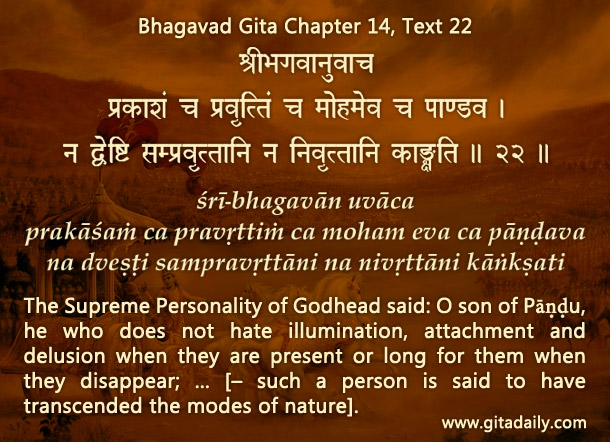We all are naturally curious: the many breaking news are just one among hundreds of things that cater to our curiosity. That universally present faculty of curiosity just needs to be directed inward, whereby we observe our unhealthy behavior as objectively as we can. For redirecting our curiosity, here’s a thought-exercise: observe yourself as if you are observing someone else, a person whom you don’t know well, but want to know better.
By curiosity directed toward ourselves, we can observe not just what we do physically but also what goes on inside our head. Specifically, we can focus on two things:
Mental chatter: Such chatter consumes our consciousness so much that we are no longer aware of what we are doing. Thereby, it lets our default unhealthy behavior sneak in below our radar and snare us. For example, after a long day, comments about various events may start swirling inside our head. Such comments are the mind’s unsolicited chatter; they are a relentless cacophony that often numbs and dumbs us so much that we don’t even notice when we open our fridge and start eating a fatty snack.
Self-talk: Such talk can sometimes be worse than mere mental chatter. Why? Because it can assign to us self-denigrating labels that undercut our energy and intention to improve. For example, if we overeat, something inside us says: “Just see: you are a glutton.” If we listen submissively, that voice swoops down for the kill: “You will never be able to discipline yourself. Why bother to even try?”
By becoming curious about ourselves, we can recognize how such inner voices undermine us and thereby become better situated to evaluate them. No wonder the Bhagavad-gita (14.22) urges us to become observers of our inner world.
One-sentence summary:
Curiosity directed toward ourselves can help us recognize the distracting mental chatter and negative self-talk that go on inside us.
Think it over:
- How can we direct curiosity toward ourselves?
- How can mental chatter undermine us internally?
- How can self-talk undermine us internally?
***
14.22: He who does not hate illumination, attachment and delusion when they are present or long for them when they disappear; … – such a person is said to have transcended the modes of nature.
To know more about this verse, please click on the image


Leave A Comment